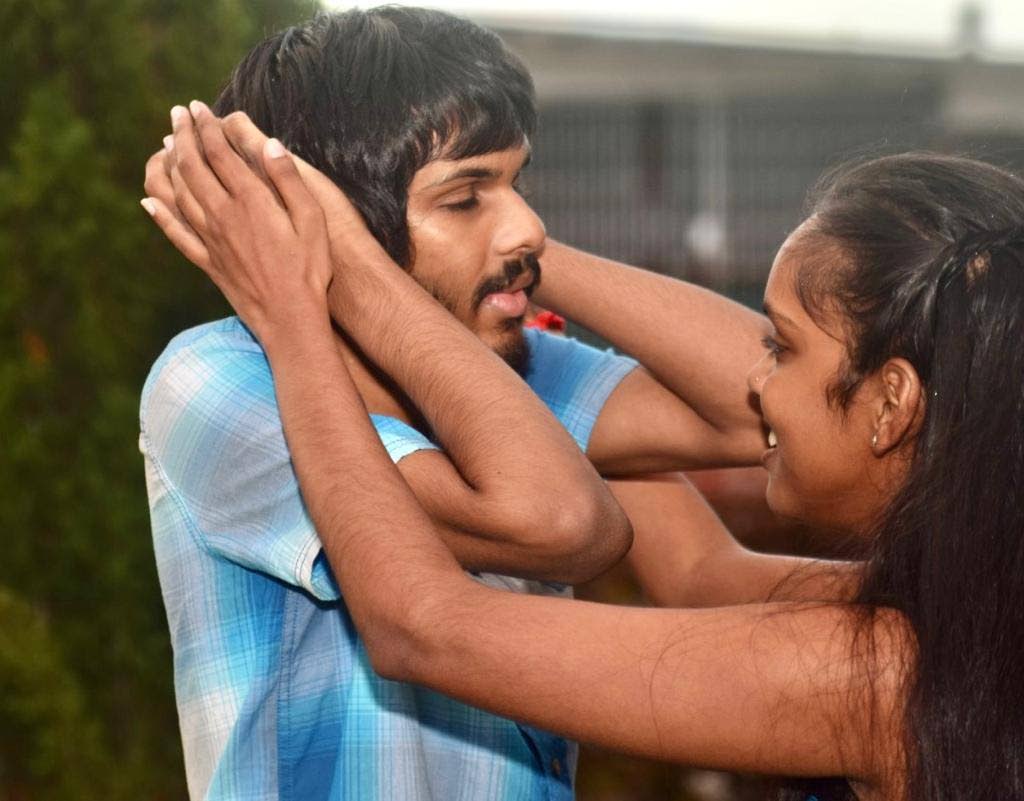Autism and noise sensitivity

DR RADICA MAHASE
“I used to love Carnival! Carnival weekend was a time for us to throw a big lime and have everyone over. Then my son was diagnosed with autism and Carnival became a nightmare.
This year it was especially bad. This year it felt like all the big trucks were louder; the cars passing constantly on the road were blasting music louder than usual; the neighbours were blasting loud music all 3 o'clock in the morning!
My son is 15 years old and the loud noises actually hurt his ears. Imagine we are at home, inside our house and he couldn’t be comfortable; he was holding his ears in pain.”
Are we becoming more and more insensitive when it comes to loud noise and its impact on people in our country? We have seen outcries by animal activists and various individuals and groups in our society who have highlighted the negative impact of noise on animals, the elderly and sick population, and just the discomfort created in general. In the aftermath of Carnival celebrations, residents of Woodbrook expressed their dissatisfaction with the high levels of noise emitting from music trucks. Residents in areas around Brian Lara stadium cannot sleep at night, and mornings, where there are fetes held at that venue.
What we fail to understand is that loud noises can actually be physically painful and mentally debilitating to some people who are on the autism spectrum. While there are people with autism who are comfortable in noisy environments, there are many who experience distress.
For those of you who don’t know – noise sensitivity is an actual thing. Many people on the autism spectrum experience sensory sensitivity, that is, they may be over or under sensitive to light, sounds, touch and so on. According to one writer, “When autistic children are oversensitive to sensory information, it’s called hypersensitivity. These children try to avoid sensory experiences – for example, they might cover their ears when they hear loud noises, eat only foods with a certain texture or taste, wear only certain types of loose-fitting clothing, or resist having haircuts or brushing teeth.” This applies to adults as well.
Hyperacusis, an increased sensitivity to sound, this means that certain noises that we think are normal, such as the school bell, the radio and television, may actually be uncomfortable for someone with autism. While neurotypical or "normal" children will be able to cope with a noisy classroom, in cinemas or noisy public spaces, for people with autism who are sensitive to sound, loud noises can cause serious distress. My 18-year-old nephew, Rahul, for example, will walk into a shopping mall and immediately cover his ears. Even if we are speaking loudly near to him, he will cover his ears.

Most parents and caregivers would do what we do with Rahul – they will leave as soon as the child shows discomfort, in Rahul’s case he would cover his ears or refuse to enter or just turn around to leave (he is non-verbal). Or they will simply avoid places that are noisy or go at times when they are quieter. When Rahul was younger, we took him everywhere, we just chose when we would go. We would go to the movies early in the week when it was emptier; we visited FunStation and Chuck E Cheese when most children were at school. We didn’t want him to miss out on anything but it took a little extra time management and planning to visit places when they were less crowded and less noisy. Some people on the spectrum might wear noise cancelling headphones to help them cope in certain places.
The majority of parents and caregivers try to understand their children, take steps to ensure that their children are comfortable in different spaces; and try very hard to give their children a chance to go out and participate in social events despite their noise sensitivities, or any other sensitivity. What is very worrisome though, is that they now have to try to protect their children from loud noises while they are at home, in their private spaces. This, because people are becoming more and more insensitive to others.
As one parent said, “Imagine you are at home and your autistic child have to cover his ears. Imagine at 3 am my son wakes up because the neighbour is blasting music real loud. It is unfair that my child has to be uncomfortable while at home because some idiot thinks that this is the only way to have a good time and don’t care about anybody else.”
This is the downfall of our society here in TT. We excuse the loud noise in the name of culture, as though our culture will not survive if we do not play loud music – we can’t have Carnival unless we have a big truck on the road blasting music, to hell with everyone else? We are quick to say that if you can’t handle the noise then leave, but when you are in your house and have to deal with noise, leave and go where? Opportunities for people on the autism spectrum are already limited, now they cannot even be comfortable in their private spaces?
We have become so insensitive to others around us, we don’t care that our actions can have serious repercussions for others. Imagine the little child with noise sensitivity who wakes up at 2 am and cannot go back to sleep, the meltdowns that follow, the parent who will then have a very rough day trying to comfort a child. It is time that we ditch the "noise is we culture" stupidness and make "caring is we culture" a thing. We can do better TT!
Radica Mahase is the founder/director of Support Autism T&T


Comments
"Autism and noise sensitivity"